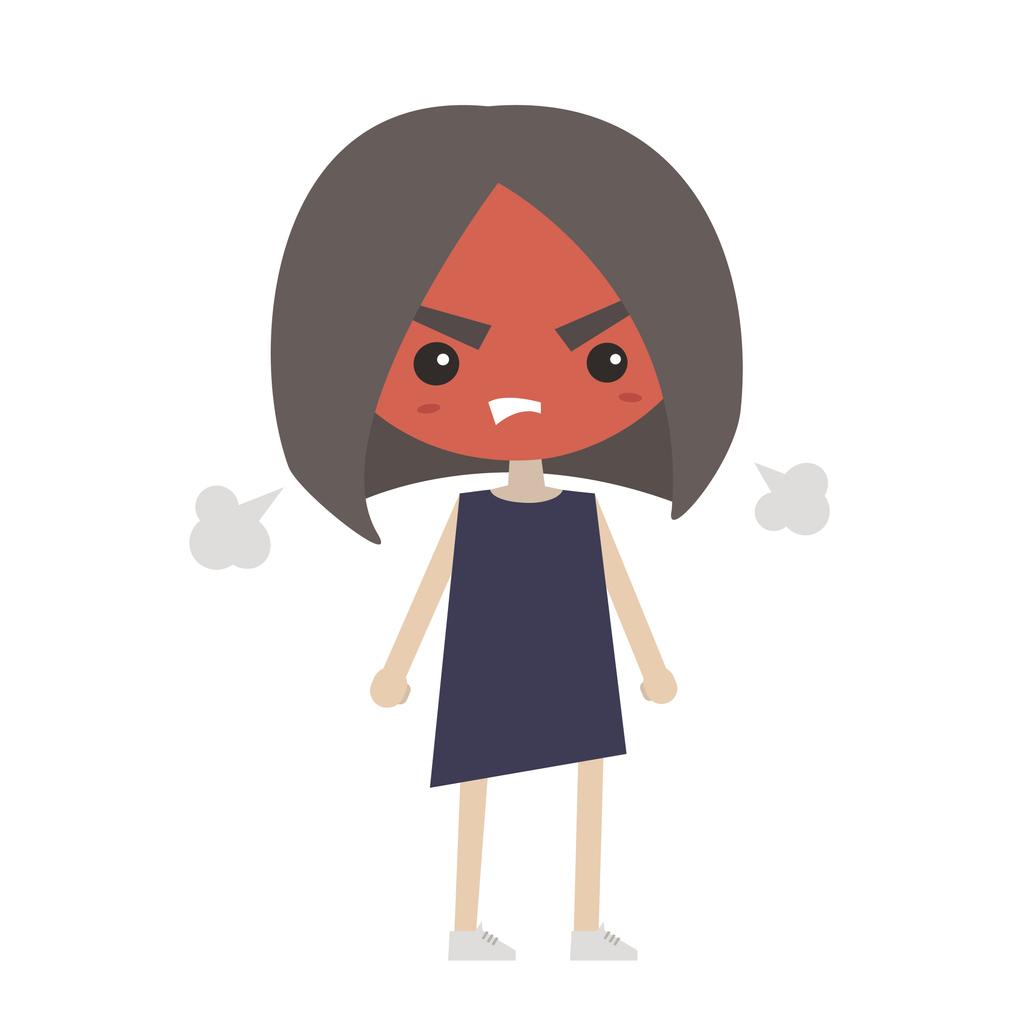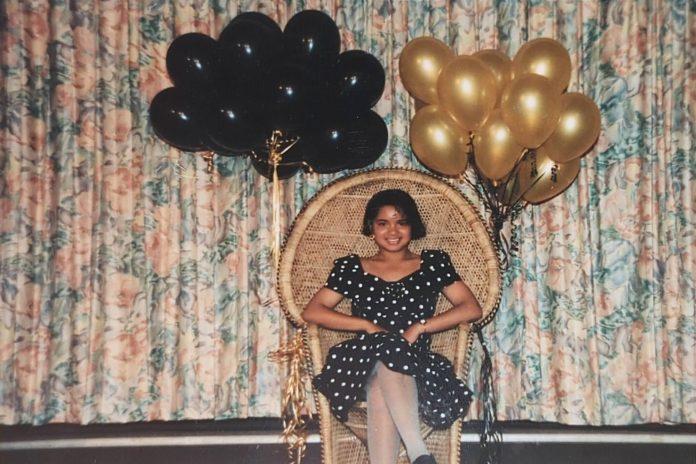Last week, our daughter Ilse informed us that the Pixar movie Turning Red was coming to Disney Plus on the weekend. We’ve known about the film for months, especially with all the trailer clips over the holidays. We waited for the movie to come out to watch it as a family. Without giving away too many spoilers, Turning Red was AWESOME! It is the “coming of age” movie I wish I had. While it’s difficult to talk about a movie without giving too much away, I want to discuss the themes that resonated most with me or had me turning red.

Lately, Disney has been on a roll with films centered around female protagonists finding their way and place globally, like Mulan, Frozen movies, Inside Out, Moana, and Encanto. Turning Red’s Mei Lee is no exception. Mei Lee has to find her way and place in the world while adapting to a new life change. I wasn’t prepared for the active discussion on puberty, adolescent angst, and the tween mother-daughter relationship. I can’t think of an animated film that has touched on all three topics simultaneously as candidly as Turning Red, and I was there for all of it, even the moments that made me cringe. Honestly, I cringed because the movie reminded me of similar experiences with my mother when I was growing up through puberty.
I’m sure having two daughters dealing with puberty simultaneously was stressful for my mother and father, but it was stressful for us too. There were so many things we didn’t discuss puberty, let alone discuss amongst my friends or even with my middle sister. I relied heavily on female magazines like Red Book, YM, and Seventeen for insight and wisdom into my changing body. In the bathroom scene and minimart scene in Turning Red, I relived a little bit of my middle school life. It was mortifying and relieving all at once.
Middle School Life and Adolescent Angst
Another facet of that middle school life was the adolescent angst, which played out with Mei Lee and her friends. My friends and I danced and sang to songs by our favorite bands of our era, like Another Bad Creation, Bell Biv Devoe, and the Party. I loved how the movie’s friendship played a massive part in understanding adolescent angst. Who better understands who you’re crushing on or the struggles with your parents than your circle of friends?
The Tween Daughter-Mother Relationship
This leads me to the last resonating topic: the tween daughter-mother relationship. Disney outdid themselves on this one. As a first-generation Asian-American girl myself, I saw a few parallels between Mei Lee’s relationship with her mother and my relationship with my mother. I studied hard. I rarely went out. Good grades came before anything else and everyone else. The multi-generational, familial expectations in the movie hit me too. As the eldest of three girls, I was expected to be the example for my younger sisters. My parents’ aspirations for me were as much mine as theirs. I get it, and I wouldn’t be who I am today if I had lived my life any different. I only regret that I didn’t have more fun because adolescence is so fleeting.
As I turned red and laughed during the movie, Ilse did the same. At that moment, I realized that someday, Ilse (and eventually Alice) will go through puberty. Their childhood is just as fleeting. I hope to make their pubescent experiences less awkward than my own.















